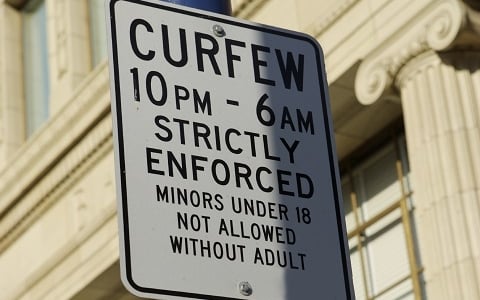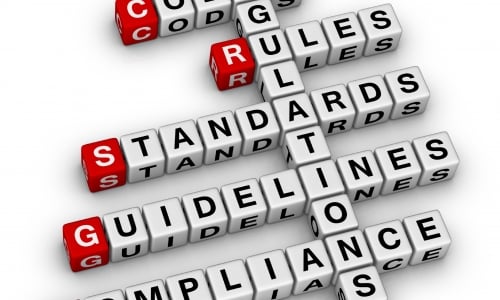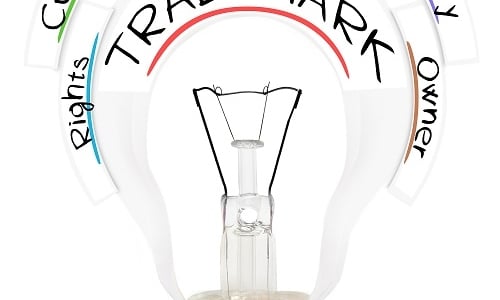As an adult, you now have the right to sign a rental agreement or lease. The landlord is called the lessor while you, the renter, are called the lessee.
Q: Must a lease be written to be enforceable?
A: A rental agreement can be either written or verbal (A.R.S. §33-1310(13)). A lease for more than one year must be in writing (A.R.S. §44-101(6)).
Q: What are the advantages of having a written lease?
A: You will have a better idea of all of your rights and obligations. You will have protection against dishonesty. You will have protection against something either party does not accurately remember.
Q: Are there any disadvantages to having it all in writing?
A: Pre-printed leases usually are prepared by and favor the landlord. You should read the lease carefully. The lease could change some of the rules that would otherwise favor the tenant. Remember, you don’t have to use the printed forms as printed. If all parties agree, you can modify the form to suit your situation.
Q: What is a security deposit and why do I have to pay it?
A: A security deposit is an amount of money that the landlord holds as security against property damages, unclean conditions you have caused, and unpaid rent. The purpose of the deposit must be stated in writing by the landlord (A.R.S. §33-1321).
Q: Should I have renter’s insurance?
A: While it may not be required by your landlord, it it is something you may consider getting. The landlord’s insurance will cover only the buildings and property, not your possessions. Renter’s insurance is relatively inexpensive.
Q: I’ve got the keys, now what?
A: Under the law A.R.S. §33-1341, a tenant must comply with all health and safety obligations imposed upon a tenant by the following building codes:
- Keep your part of the premises as clean and safe as you can
- Dispose of all trash and other waste in a clean and safe manner
- Keep all plumbing fixtures in the apartment as clean as possible
- Use all electrical, plumbing, sanitary, heating, ventilating, air-conditioning, elevators and other facilities and appliances in a reasonable manner
- Do not deliberately or negligently destroy, deface, damage, or remove any part of the premises or knowingly allow any other person to do so
- Conduct yourself in a manner that will not disturb your neighbors’ peaceful enjoyment of the premises, and require other persons on the premises with your consent to do the same
Q: Does the landlord have any obligations?
A: Yes, the landlord must also comply with the requirements of applicable building codes affecting health and safety. According to A.R.S. §33-1324, the landlord must:
- make all repairs and do whatever is necessary to keep the premises in a fit and habitable condition;
- keep all common areas of the premises in a clean and safe condition;
- maintain in good and safe working order all electrical, plumbing, sanitary, heating, air-conditioning, and other facilities and appliances that the landlord supplies or is required to supply;
- provide and maintain appropriate receptacles for the removal of garbage and other waste and arrange for their removal; and
- supply running water and reasonable amounts of hot water at all times, and reasonable heat and air-conditioning or cooling where installed, when required by the seasonal weather.
Q: What about privacy? Can my landlord enter my apartment?
A: The landlord does have the right to enter your apartment under certain conditions. The landlord may enter the apartment for the following reasons:
- To inspect the premises
- To make necessary or agreed-upon repairs, alterations or improvements
- To supply necessary or agreed-upon services
- To exhibit the apartment to prospective purchasers, tenants, or contractors
The landlord may also enter the apartment without consent of the tenant in case of emergency, but the landlord cannot abuse this right to access or use it to harass the tenant. Except in case of emergency or if it is impracticable to do so, the landlord must give the tenant at least two days notice of intent to enter, and may enter only at reasonable times (A.R.S. §33-1343).
Q: What happens if I don’t pay my rent?
A: If you do not pay the rent when due, a landlord may give you a notice to either pay or leave within five days. If after five days the rent remains unpaid, the landlord may file a forcible entry and detainer action against you, to evict you (A.R.S. §33-1368).
Q: In a monthly lease, can I end the lease by just leaving at the end of a month?
A: You must give reasonable notice before the end of a rental period. If you have a month-to-month lease, you must give written notice to the landlord at least 30 days prior to the date your rental agreement expires (A.R.S. §33-1375).
Q: If I break a lease, what amount can I be sued for?
A: You can possibly be sued for the following:
- All unpaid rent
- Any physical damages, including cleaning expenses
- Advertising expenses and other costs of re-renting the apartment
- The landlord’s attorney fees if the written lease includes attorney fees (A.R.S. §33-1315)
- Forcible entry and detainer action may also be filed resulting in a court order for you to vacate the property (A.R.S. §33-1377)
Laws may have changed since the last time this article was updated. The current and most up-to-date laws can be accessed here.













